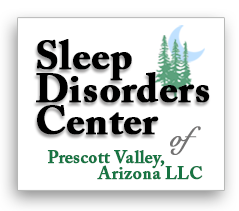There are two studies published this year in the journal Sleep Medicine that demonstrate the link between sleep and hypertension. In the first, titled Epidemiological Evidence for the Link Between Sleep Duration and High Blood Pressure, the authors reviewed 21 studies involving 225,000 subjects. They found that short sleepers, as defined by sleeping less than six hours a night, were much more likely to develop hypertension. In fact, 20% more likely.
In a second study published this month titled Poor Sleep Quality and Resistant Hypertension, 270 patients in a hypertension clinic in Italy were studied. They found that among those with resistant hypertension, as defined by a blood pressure of over 140/90 while on three medications or controlled with four or more medications, that poor sleep quality as defined by an inability to fall asleep or increased time in bed without sleeping, was prevalent especially in women with resistant hypertension.
When we view these studies, as well as several other studies linking sleep apnea to hypertension and more specifically to resistant hypertension, we begin to understand the link between our sleep and our blood pressure. After all, we do spend close to one third of our lives asleep. Normally, this is a relatively calm and restorative period for our cardiovascular system. Our blood pressures drop by an average of 15 points, referred to as nocturnal dipping, and our hearts don’t have to work as hard.
So what is going wrong here? We think that the common denominator in these sleep disorders is activation of the bodies stress systems during sleep–a no-no for good cardiovascular health. Several studies have shown that those with sleep apnea and insomnia, especially those who sleep less than six hours, activate the two major stress systems–the HPA (Hypothalamic-Pituitary Adrenal system) and the Sympathomedullary system. This results in the release of cortisol and adrenaline, both of which are OK on occasion in small doses, especially when facing stressful situations. However, their continued release all night every night is not. Eventually, it can lead to sustained and very difficult to treat hypertension.
There are several take home messages here, but the most important is to be aware of sleep and its effect on your blood pressure. In the case of resistant hypertension, the odds of you having one of these sleep disorders is in excess of 60%. The good news is that with treatments such as CPAP for sleep apnea or cognitive behavioral therapy for insomnia, significant improvement in blood pressure can be achieved.


